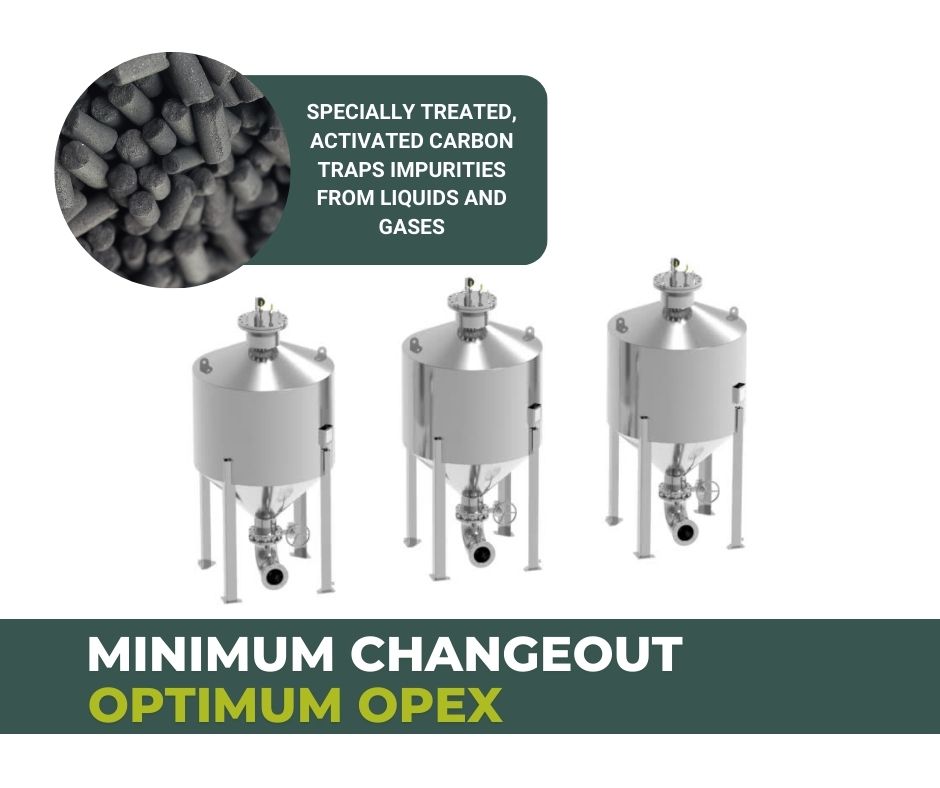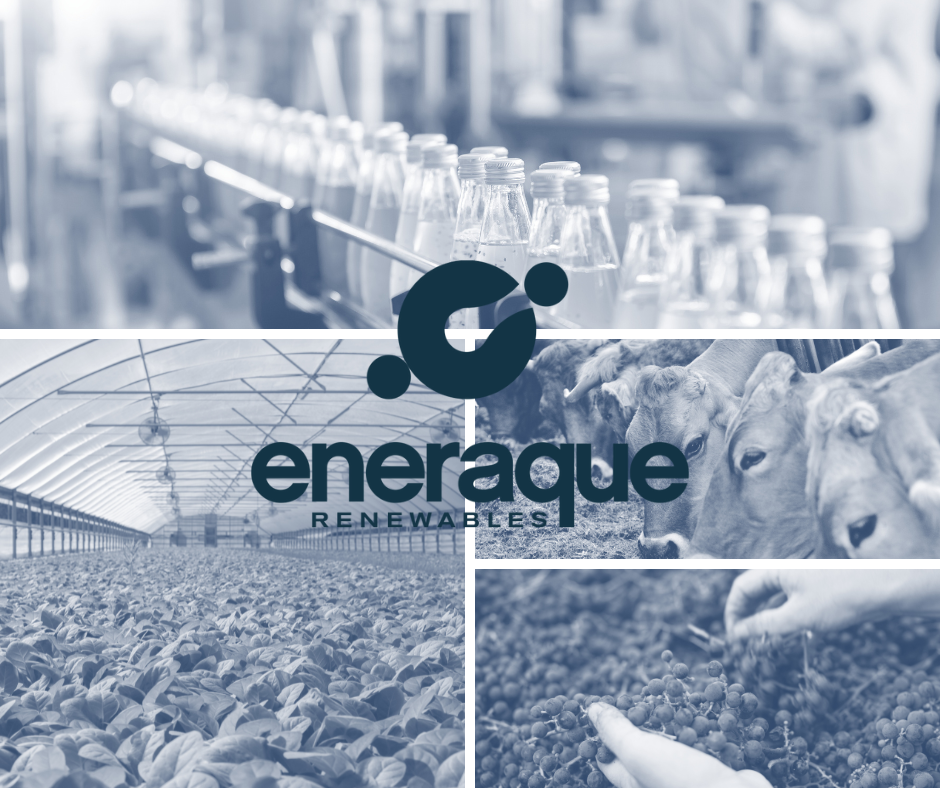Biogas plants are sustainable solutions in the pursuit of reducing carbon emissions and mitigating climate change. By harnessing organic waste, these facilities not only produce renewable energy but also have the potential to operate in a carbon-neutral or even carbon-negative manner. Here’s how:
The Biogas Process
Biogas plants primarily function by breaking down organic materials such as agricultural waste, food scraps, manure, and sewage in an oxygen-free environment through a process called anaerobic digestion. This decomposition produces biogas—a mixture of methane and carbon dioxide—alongside nutrient-rich biofertilisers.
CO2 & Biogas
When biogas is captured and utilised for energy—be it in the form of heat or electricity—it displaces the use of fossil fuels like coal or natural gas. This substitution significantly reduces greenhouse gas emissions, making the overall process carbon neutral.
During the combustion of biogas, similar to natural gas, carbon dioxide (CO2) is generated, which is a greenhouse gas. However, the carbon present in biogas originates from organic material that initially absorbed carbon from the atmosphere’s CO2. Consequently, producing biogas is considered carbon-neutral, contributing no additional greenhouse gas emissions. Moreover, substituting fossil fuels with biogas in any usage will reduce overall CO2 emissions.
The utilisation of waste streams in biogas plants prevents organic matter from decomposing in landfills, which would otherwise emit methane and CO2. By diverting this waste to biogas plants, these facilities not only generate renewable energy but also actively reduce greenhouse gas emissions, contributing to a more sustainable and circular economy.
Biofertilisers and Circular Economy
Biogas plants can produce nutrient-rich biofertilisers as a byproduct of the digestion process. These organic fertilisers can replace synthetic ones, promoting sustainable agriculture practices. By closing the loop in the food system, biogas plants contribute to a circular economy where waste is transformed into valuable resources, reducing the reliance on environmentally harmful chemical fertilisers.
Biogas plants play a pivotal role in the transition towards sustainable energy and waste management systems. Through the capture and utilisation of methane, along with the potential integration of carbon capture technologies, these facilities can operate as carbon-neutral or even carbon-negative entities. By simultaneously generating renewable energy and biofertilisers while mitigating greenhouse gas emissions, biogas plants offer a promising solution to combat climate change while fostering a more sustainable future.







